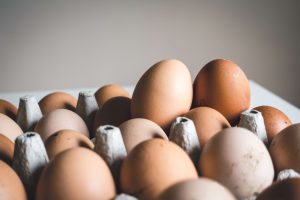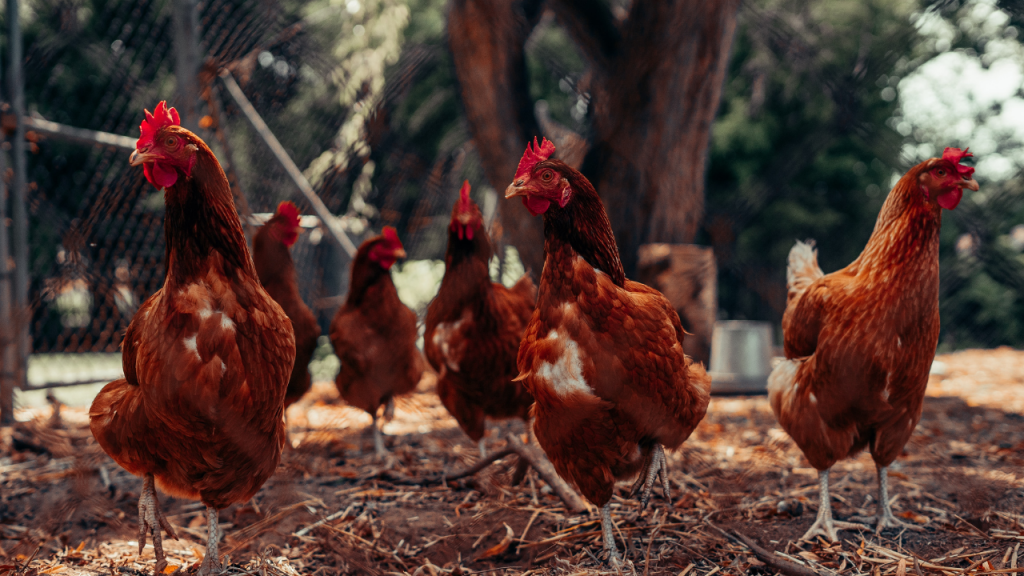A bird flu outbreak has hit poultry farms in South Africa, with highly contagious strains causing significant concern. H7N6 avian influenza, originating from wild birds, poses challenges for control measures, impacting both poultry and humans.
The Conversation Africa interviewed poultry health specialist Shahn Bisschop, shedding light on the situation and potential solutions.
The most concerning outbreak is caused by a highly pathogenic H7N6 avian influenza strain. It readily infects chickens, leading to significant infections and casualties. Traditional control measures have been less effective in limiting its spread.
While avian influenza H5 viruses have been affecting various species globally for nine years, the current outbreak of H7N6 HPAI (highly pathogenic avian influenza) likely resulted from a mutation of a low pathogenicity AI (LPAI) virus in wild birds, leading to its adaptation to chickens. Such mutations are rare but can occur.

Avian influenza is a ‘controlled disease’ in South Africa, with government intervention aiming for rapid eradication. However, limited resources and a lack of compensation for affected farmers hamper the control of outbreaks. This leads to the disease’s uncontrolled spread, often through the sale of infected birds.
Innovative strategies are needed to address the unique challenges in South Africa. One potential solution is the introduction of appropriate vaccines, which can reduce losses and slow disease transmission between farms. However, vaccine options are limited, and matching them with local strains is essential.
The South African Poultry Association assures consumers that poultry products remain safe for consumption. They’ve worked with the University of Pretoria to confirm the safety of these products, indicating that the current virus strain has a low likelihood of infecting humans.
Read the full interview here.
ALSO SEE: 5 effective alternatives for eggs
Article was originally written and published by Jules Keohane for Cape Etc.
Feature image: Unsplash

